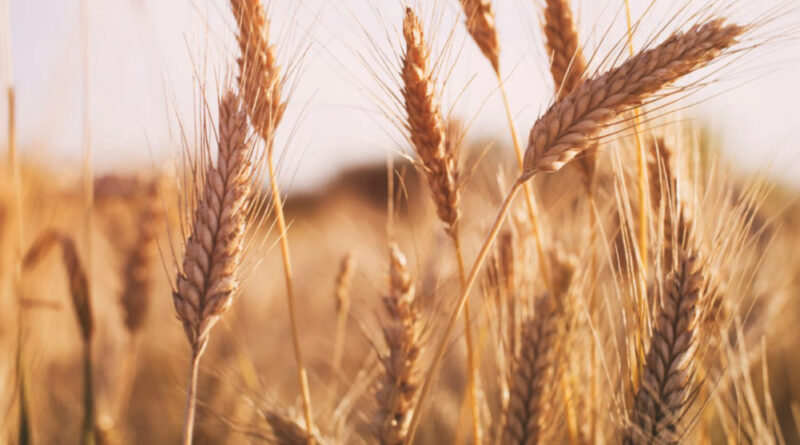Turkey halts wheat imports until October to protect producers
By Reuters
Turkey will halt wheat imports from June 21 until at least October 15 to protect producers from price fluctuations, ensure domestic procurement of raw materials and create a favourable market for producers, the agriculture ministry said.
On Thursday, the ministry said the Turkish grain board (TMO) had set 2024 crop grain purchase prices for durum wheat, milling wheat and for barley.
In a statement, the ministry also said it would halt imports of wheat until at least October 15 in accordance with foreign trade measures recommended by the Trade Ministry to protect producers, and added other measures would also be taken.
The measures would be implemented to “prevent our producers from being affected by price decreases due to supply density during the harvest period, to meet the raw material supply required for our exports from domestic production, and to ensure market stability in favour of producers,” it said.
The import halt could be extended beyond October 15 depending on “market conditions on that date”, the ministry added.
European Euronext wheat futures fell more than 3% after the news from Turkey sparked fears of lost import demand.
“Russia is likely to be the main loser on this,” a German grain trader said. “Russia supplies somewhere between 60-75% of Turkey’s wheat imports and this ban looks like coming into force just as Russia’s new crop needs to be marketed.”
“If Russian wheat cannot be sold in Turkey it will have to be offered elsewhere at low prices, which could mean other importers in the Middle East, Africa and Asia will benefit.”
The Turkish ministry also said the exports of flour from domestically-produced wheat, banned since September 2018, would be allowed, and added barley, milling and durum wheat exports can now be done using a TMO export licence in a “controlled” way.
Turkey is expected to import 12 million metric tons of grain in the 2024/25 season including 8.5 million tons of wheat, according to figures from the International Grains Council.
This article has been republished from The Indian Express.

